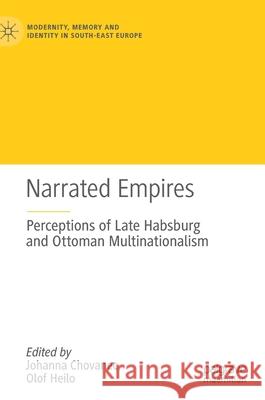Narrated Empires: Perceptions of Late Habsburg and Ottoman Multinationalism » książka
topmenu
Narrated Empires: Perceptions of Late Habsburg and Ottoman Multinationalism
ISBN-13: 9783030551988 / Angielski / Twarda / 2021 / 416 str.
Narrated Empires: Perceptions of Late Habsburg and Ottoman Multinationalism
ISBN-13: 9783030551988 / Angielski / Twarda / 2021 / 416 str.
cena 523,30
(netto: 498,38 VAT: 5%)
Najniższa cena z 30 dni: 501,19
(netto: 498,38 VAT: 5%)
Najniższa cena z 30 dni: 501,19
Termin realizacji zamówienia:
ok. 16-18 dni roboczych.
ok. 16-18 dni roboczych.
Darmowa dostawa!
Kategorie BISAC:
Wydawca:
Palgrave MacMillan
Seria wydawnicza:
Język:
Angielski
ISBN-13:
9783030551988
Rok wydania:
2021
Wydanie:
2021
Numer serii:
000824924
Ilość stron:
416
Waga:
0.66 kg
Wymiary:
21.01 x 14.81 x 2.39
Oprawa:
Twarda
Wolumenów:
01
Dodatkowe informacje:
Wydanie ilustrowane











